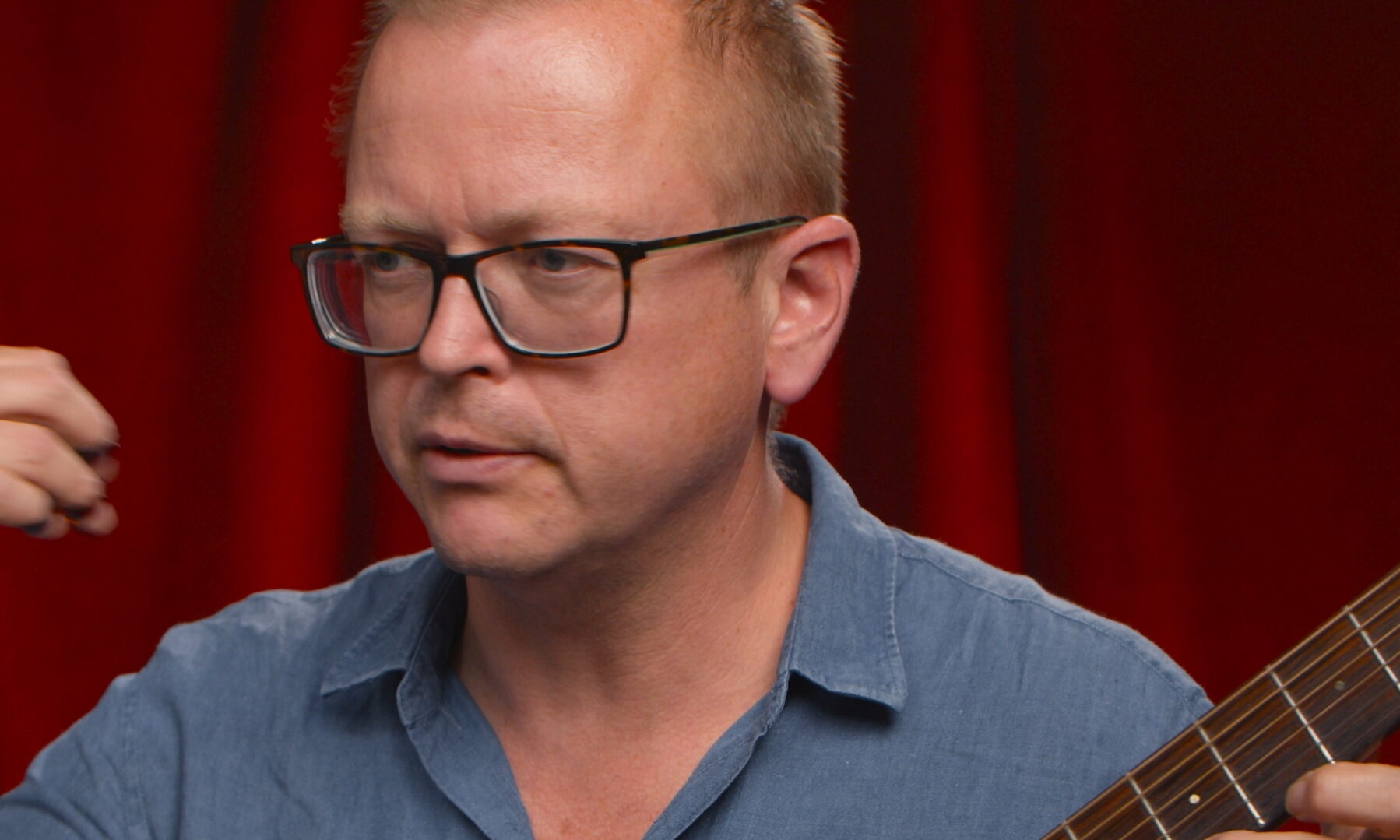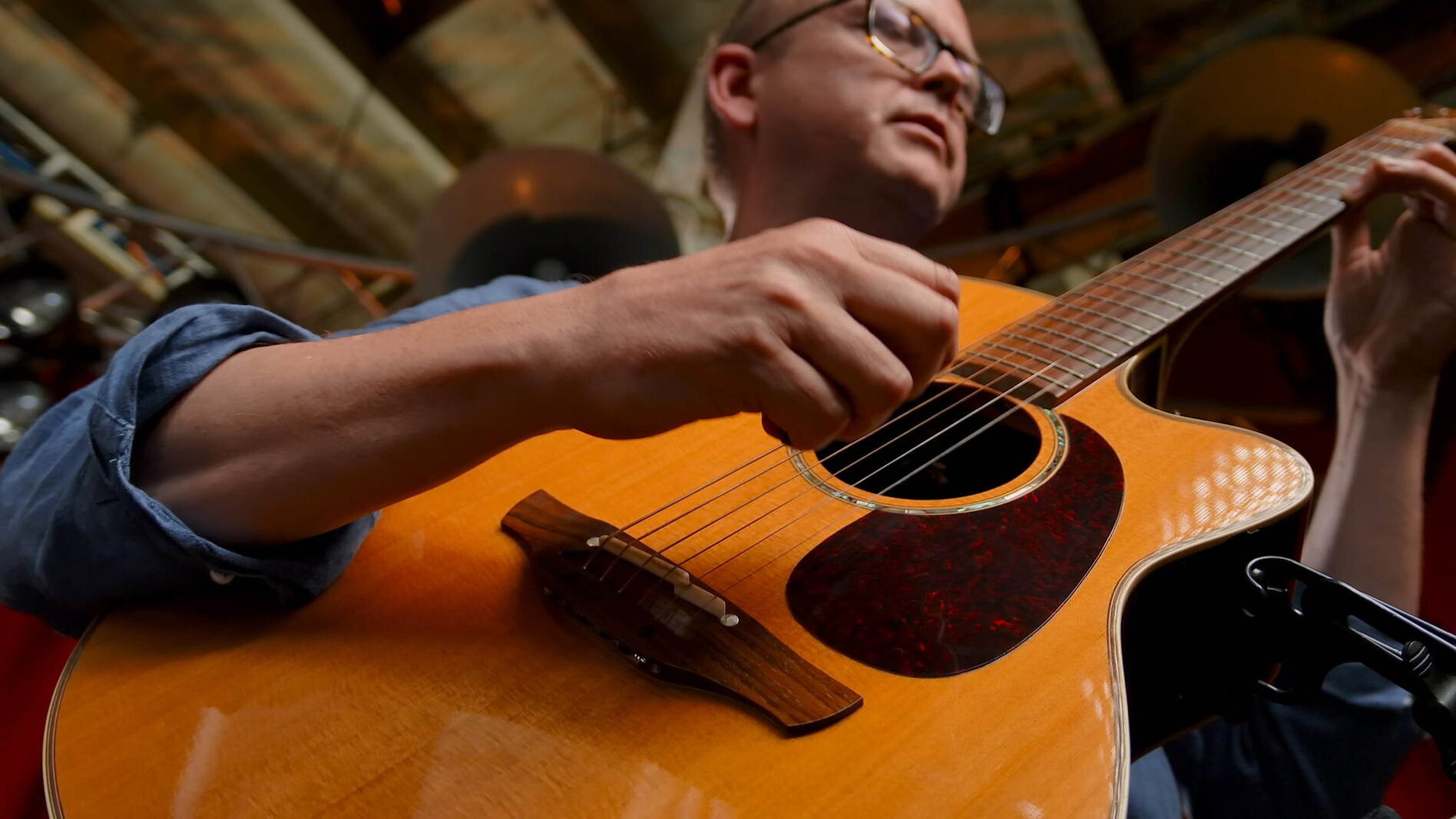Much of the world’s music shares a common system for improvisation and composition: the Modal system. It’s a framework for creating music that is highly melodic, rhythmic, and textural, qualities that made it attractive for the great Eurasian traditions including Maqam, Dastgah, Gregorian chant, and more.
Modal music is rarely the subject of guitar tutorials – which usually emphasize more harmonic and modern approaches – chords and solos. In his course, David Williams-Mitchell draws on a wealth of understanding of Iranian and Uyghur music to teach you how to consider each note and phrase more carefully – to make your melodic playing more interesting and personal.
Biography
“I studied Chinese at university, and later, jazz guitar and composition at Berklee College of Music in Boston, MA. After returning to the UK and finding it hard to find my place in the jazz world of London, I returned to China to write film music and to teach jazz guitar to Chinese students at the Beijing Institute for Contemporary Music Research.
Uyghur and Iranian music traditions
It was there that I met Uyghur musicians from the northwest of the country, and helped found Panjir, a well-known world music group that combined jazz and Uyghur music. I left Beijing to study Uyghur music more formally in Urumqi, the capital city of the region, and undertook a traditional apprenticeship with a leading tambur player of the State Orchestra for six months, (to the best of my knowledge) the first foreigner ever to do so.
After intensive study with Nima Janmohammadi, a virtuoso of the setar and a professor of composition at New England Conservatory in Boston, I started to integrate the frames of Iranian and Uyghur music into my guitar playing – learning to be more deliberate about the musical choices I make and the way that I shape improvisations and compositions over time.
Music remains for me one of the most important tools for resisting the destruction of culture and the oppression of people. For Iranians, Uyghurs, and many others, music remains definitely free – I aim to do my part to spread knowledge of the music to the outside world to help ensure that it can never be eradicated or lost.
The sound of thousands of years of ingenuity
At the same time, these musical forms keep us in touch with the oldest traditions in Eurasian music, with a lineage dating back to the birth of civilization. Demanding on the musician, and transcendentally beautiful to listen to, these forms of music are instinctively familiar to audiences and provide an antidote to a western musical culture that is increasingly dependent on technology and density of sound – it’s just the sound of acoustic instruments in resonance; the sound of human creativity in the face of oppression; and the sound of thousands of years of ingenuity and experience.”
Click here for more details about David’s exciting musical journey >>
Focus of Davids´s coaching
Modal approach to guitar playing, inspired by Uygur and Iranian music traditions
Online Course
Subscribe to David’s course,
or get in touch for individual lessons.
Age
from 12 years of age
Languages
English
Fee
For individual class: 50,-/h


